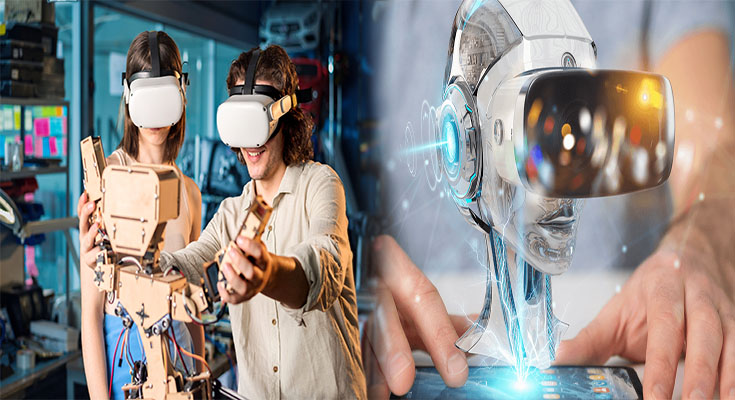Artificial Intelligence (AI) has revolutionized the gaming industry in many ways, one of which is the enhancement of learning within video games. Gone are the days when players would simply face off against pre-programmed enemies with predictable behaviors. With the integration of AI into game development, players now encounter more dynamic and adaptive opponents, creating a more immersive and challenging gaming experience.
1. Adaptive Difficulty Levels
AI technology enables video game developers to implement adaptive difficulty levels based on the player’s performance. Through machine learning algorithms, AI can analyze the player’s skills, behaviors, and progress within the game to adjust the difficulty in real-time. This ensures that players are constantly challenged at their own skill level, facilitating a more engaging learning experience.
2. Personalized Learning
AI in video games can also facilitate personalized learning experiences for players. By collecting data on player preferences, behaviors, and strategies during gameplay, AI can tailor the gaming experience to suit the individual player’s needs. Whether it’s providing customized tutorials, recommending specific gameplay strategies, or offering targeted feedback, AI enhances the learning process by catering to the player’s unique learning style.
3. Dynamic Game Environments
AI-powered NPCs (non-player characters) in video games are no longer limited to pre-scripted movements and responses. Through AI technologies like neural networks and reinforcement learning, NPCs can adapt their behaviors and decision-making processes based on the player’s actions. This creates more dynamic and realistic game environments where players must constantly learn and adapt to the changing strategies of their virtual opponents.
4. Learning Through Observation
AI-enhanced video games can also provide players with opportunities to learn through observation. By observing the behaviors and strategies of AI-controlled characters, players can gain insights into effective gameplay techniques, problem-solving approaches, and decision-making processes. This observational learning aspect of AI in video games allows players to improve their skills by studying and emulating the AI’s behavior.
AI has significantly enhanced learning within video games by offering adaptive difficulty levels, personalized learning experiences, dynamic game environments, and opportunities for observational learning. As AI continues to evolve and permeate the gaming industry, players can look forward to more engaging, challenging, and educational gaming experiences that promote continuous learning and skill development.











